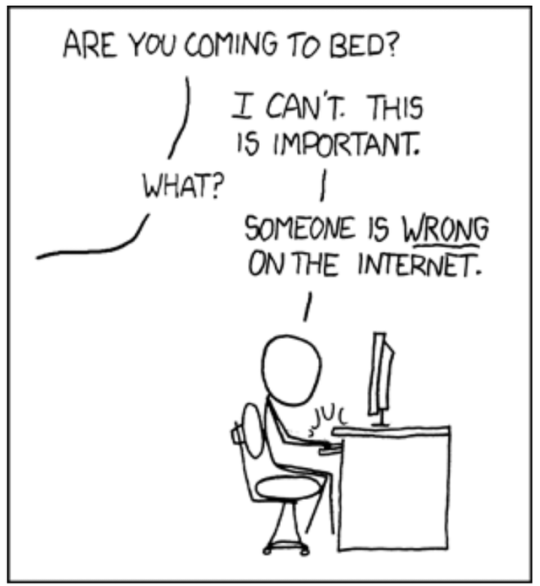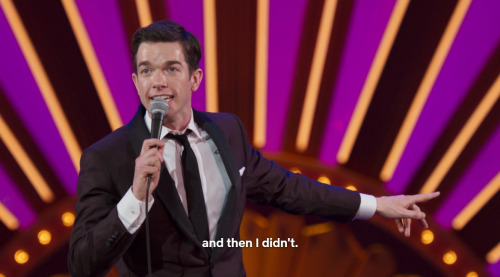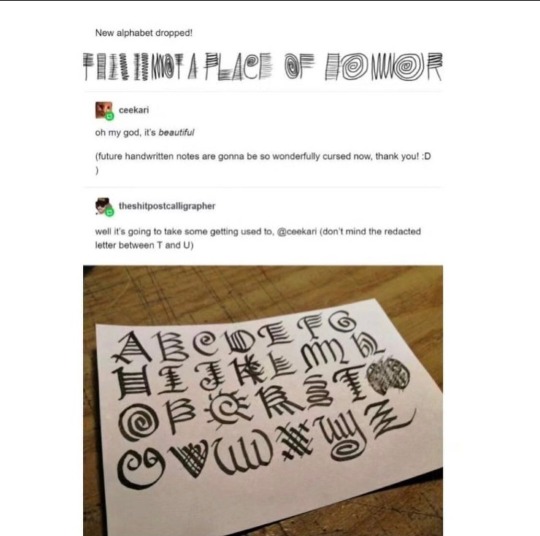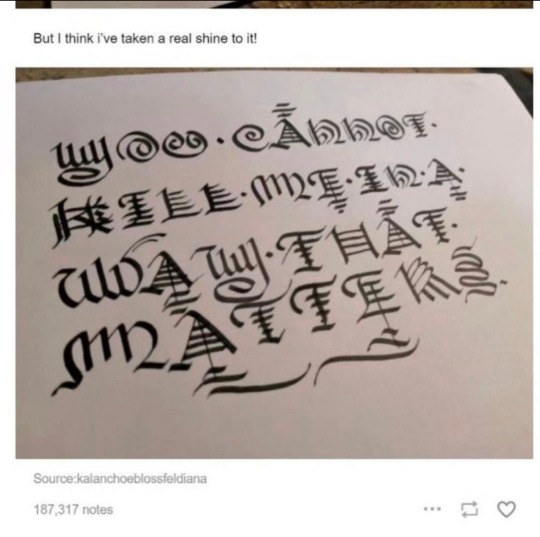He/Him|19|🏳️🌈🇳🇱🇦🇺I want to collate some things on a story I am currently writing. For recording and seeking aid.
Don't wanna be here? Send us removal request.
Text
You can really definitely absolutely see the sound logic used for consonant shifts. In that spirit I shall make a mock list for which letter sound sounds like which.
Just remeber;
W sounds like v which sounds like f which sounds like þ which sounds like ð which sounds like d -> g -> ɣ -> χ -> k -> t-> ˈtʃ -> ʃ -> ˈsx -> s -> ks -> z -> ˈʒ -> ʤ -> dj -> d͡ʒ -> d
0 notes
Text
Early 18th/19th century serf if they were alive today: "Landlords are still forcing us to pay tax (rent) to live where we do? That's sort of barbaric, I thought we banned feudalism."
1 note
·
View note
Text
Here is the runic script used by the kingdom where the main protagonist lives.

The pronunciations of these runes coincide with the IPA for my invented language. Here are a few examples of how it would look.

Terrelais is the more jokey language I am making for the Elves in my story to speak.
I have created an OpenType and TrueType font file for this script, there is a way I think of making it a font I can use on Tumblr but it would require me converting the files onto google fonts and then implementing that in the HTML code of my blog. And then if I can make it to work it might only work on a computer browser and not on my phone.
1 note
·
View note
Text
I have recently learnt of the new term "corn-plating" and I have a few thoughts on its utility.

The criticism that has been done of this post is accurate and the term that spawned when used to describe when someone's critic is finding symbolism in places where it isn't present is often times valid.
However, it has very quickly become a tool to denounce any sort of insightful analysis of a story that isn't direct symbolism or a detail that pertains to the story. I feel a lot of the use of corn-plating is directed misguidedly or at valid analysis.
I believe people need to understand the merits of the different sorts of symbolism and media exploration, because not every detail brought needs to relate to the story at hand. There could have been an argument that looked at that plate of corn that would have been insightful rather than a grasp at straws. Of course, all of this discourse is not too dissimilar to the argument in literary analysis that the curtains are just blue, arising from the view that English teachers derive meaning from ordinary descriptions.

I think people need to understand when people are talking about environmental/ aesthetic symbology/ details and not grasping at straws to find character/ thematic/ narrative symbology/ details. To corn-plate blue curtains someone might say, 'In this scene there was put up blue curtains', connoting that there is a meaning as to why that was done, people in response will assume that they are referring to the blueness representing sadness, often a reflection of the character, many times that would be blatantly stated by whom is corn-plating. But many times people attribute the moniker of corn-plating to those talking about the mood or tone created by mundane objects, or environmental reasoning of why something is there. For blue curtains, and since this argument is often times without context, blue curtains being called in attention in a work may be there to set a calm or maybe a dower mood. For Encato someone could have prefaced that the inclusion of roast corn rather than any other food is symbolic of the situation of the cast, in how historically corn has been a stable food for many native south and central American peoples and how in Colombia the newer colonial society integrated corn into their diet, and how with the village of Encato being isolated, corn is their most readily available food.
For example in my novel a similar detail is that the secondary protagonist's great-grandfather has in his home a pot of lavender tea, it is fairly insignificant, but I wrote him having it because it represents the warm, calm, inviting atmosphere his cottage has. And, an example where the environmental detail is reflective of narrative symbology would be the black shadows of the antagonist sorcerer's dungeon being representative of the death his regime will bring. Something you would corn-plate if you mentioned it is that the secondary protagonist owns an orange teddy bear, it's a meaningless detail though it does represent the fact that she is a child.

You can find meaning in pretty much anything in a story, and corn-plating should be a term to denote (though I hope mostly in self-awareness rather than in defaming) if there was in fact clear intent in there being a narrative, character, or thematic importance behind a detail. The things we can draw out of the most mundane inclusions however is the beauty and importance of environmental symbols and mood. There are too many people putting down others for over analysing works they enjoy and not enough discourse on how pointing out how someone is finding meaning in places that aren't meaningful isn't itself media literacy. People need to be careful with the term corn-plating because not everything is desperately grasping at straws when finding details in a story, sometimes they're talking about something else unrelated to the story when pointing out a detail.
#writing#media#media literacy#media analysis#story#corn plating#story analysis#writing analysis#symbols#twitter#discorse#creative writing
1 note
·
View note
Text
Me: I’m going to write today. I’m going to do it. I AM GOING TO FINALLY DO SOME WRITING
Me:

39K notes
·
View notes
Text
Here are some concepts for kingdom flags from my story, utilising stock photo symbols and my own photoshop icons.

This is of Drakarverōja, where the prince main protagonist is from.

This is of Dräkarverfänɣ, essentially east Drakarverōja and the fascist republic which is the main antagonistic. The text reads "in gods we have priase".

This is Rescheleō's flag and the kingdom of origin of our side protagonists and the main villainous underling.

This is the flag of the dominon of Mäuan, it's a part of Rescheleō's commonwealth and is the home of an old sorcerer the side protagonists visit.

This the flag of the Rabälōpreïse, an over militaristic neighbour to Rescheleō.

This is one of the flags of Terrelfik, I'm not sure if this is the one that's current for the events of the story, this is the land of the elves.
1 note
·
View note
Text
Letters are more strictly phonetic than English for the language that appears in my book; Dutijskverōièrian. Here is the IPA chart (International Phonetic Alphabet, not Indian Pale Ale) for what letters are meant to sound like with English and Dutch examples of vowel pronunciation.

1 note
·
View note
Text
Something about creating a language is trying out different pronunciations and comparing vowels. This has led to me sounding like an absolute kook in public sometimes. There is just some guy going "ä é ä é ä é ä é ä é ä è é è é è é" (ay ey ay ey ay ey ay ey ay ey ay eir ey eir ey eir ey)
3 notes
·
View notes
Text
Why does Word keep "correcting" 'can not' into 'cannot'. I have since made it right but how can the words can and not be put into both a contraction and a compound word. I simply can't have it.
1 note
·
View note
Text


@theshitpostcalligrapher I'm sorry I can't find the thread to ask as a comment, but I need to know about the dots connoting the ends of each word. I've created a runic alphabet for a story I'm writing which has the same system with a symbol meaning a different word begins, and I would like to know if there was a calligraphic or historical context why you did it; seeing how a lot of your work seem to be medieval and gothic inspired.
834 notes
·
View notes
Text
“I don’t do labels” is just a dogwhistle at this point

I've not really encountered much of this, But I am surprised it's not the inverse of this situation that is the case, that the ones who don't care about labels would be us. I'm interested in how someone could say this and be biphobic because I could only see an internally biphobic person saying this.
One reason I wonder this is because I've been writing a story where the language that talks about sexuality in a one of the settings is just like this as the result of a lack of conformist norms present in their history. And in the language I've create they speak like that with the caveat that sexuality uses subjective rather than possessive terminology, ie instead of same-sex/ different-sex attraction you have male/ female attraction. In the story the fascist villans utilise alien slandering through creating terminology that delegitimises and segregates same-sex language from the labelless language of the previous stated setting.
I don't know what to think about the positively of the sexuality of the world I've created in the context of this 'dog whistle'. Like is it only dependent on our real world possessive wording of sexuality that this term is biphobic? If so what might be that phrase be in relative in my world's language, would it be different or the same since a subjective terminology for bisexuality would be the same as our possessive one? I what why does sexuality not mater in this phrase? Is this referencing the idea that only biological sex matters in sexual attraction or that we shouldn't respect other people's identities when it comes to our attraction of them? Am I rambling nonsense or is this coherent enough for someone to explain this to me?
1 note
·
View note
